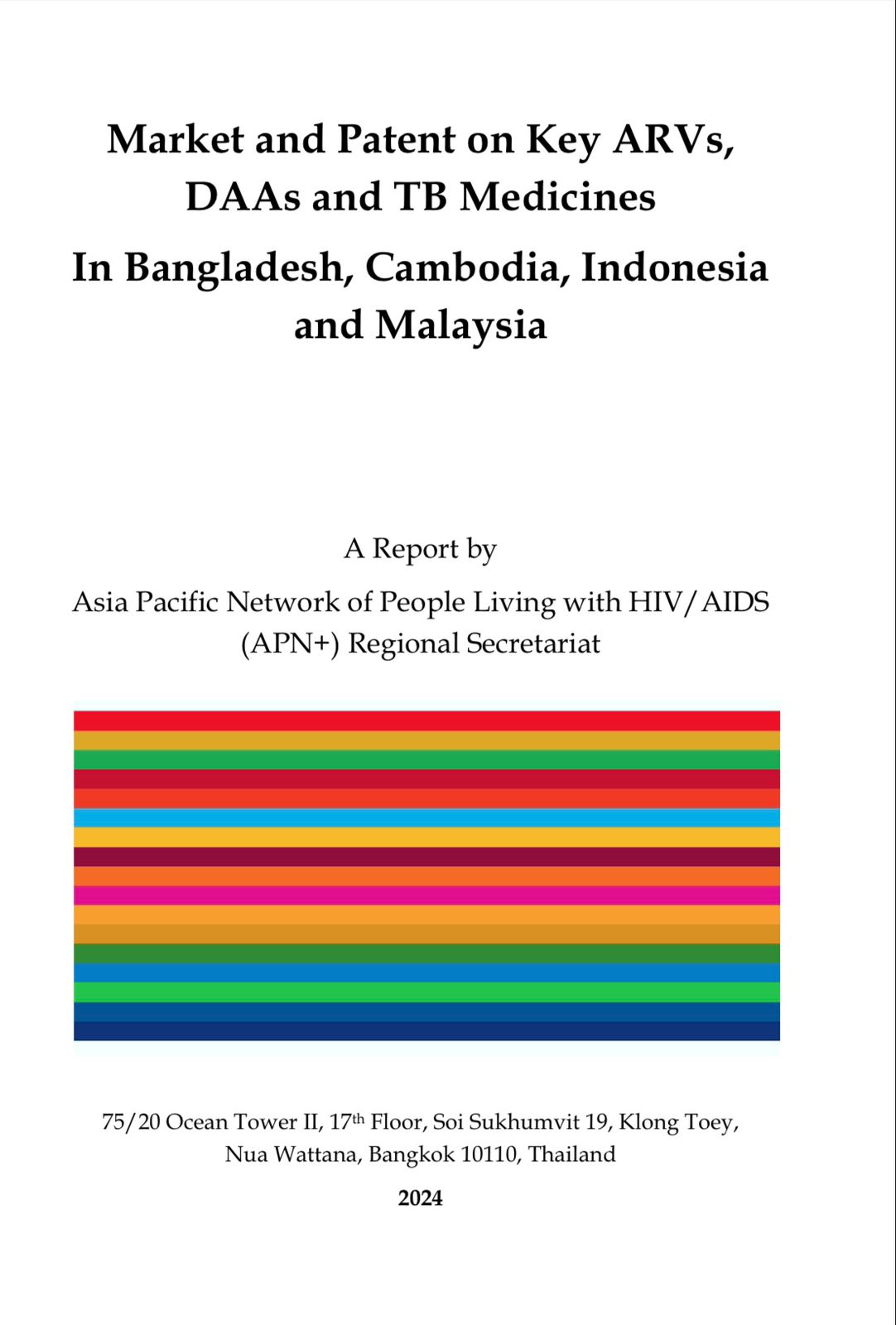The need for efficient retention in HIV care is more evident than ever because of the expansion of earlier ART initiation and the shift towards ‘Test and Treat’. APN+ conducted a study to assess factors affecting participation in the HIV care cascade among people living with HIV (PLHIV) in the Asia-Pacific Region. Targeted and venue based sampling was used to conduct the study at 59 sites across 7 countries – Bangladesh, Pakistan, Indonesia, Nepal, Lao PDR, Philippines and Vietnam between October 2012 and May 2013. All data are from the CAT-S study.
The study found a delay in linkage to HIV care across all the countries; but once enrolled in care, retention and adherence to antiretroviral therapy (ART) was found to be good. Good client-provider communication, high HIV treatment literacy, a referral from a health worker and TB/HIV co-infection were the enhancing factors; while young age, sex work, imprisonment, transgender identity, illiteracy, rural residence, alcohol/ injecting drug use, perceived poor health status, lack of health insurance, fear of confidentiality breach, self-referral for HIV testing, and public hospital as the place of HIV diagnosis were identified as the barriers.
The study concluded that HIV programme planners should ensure easy access to HIV testing and earlier linkage to HIV care among PLHIV. In addition, multiple socio-economic and health systems barriers need to be addressed along the HIV care cascade to reach the UNAIDS 90-90-90 target in the Asia-Pacific region.





